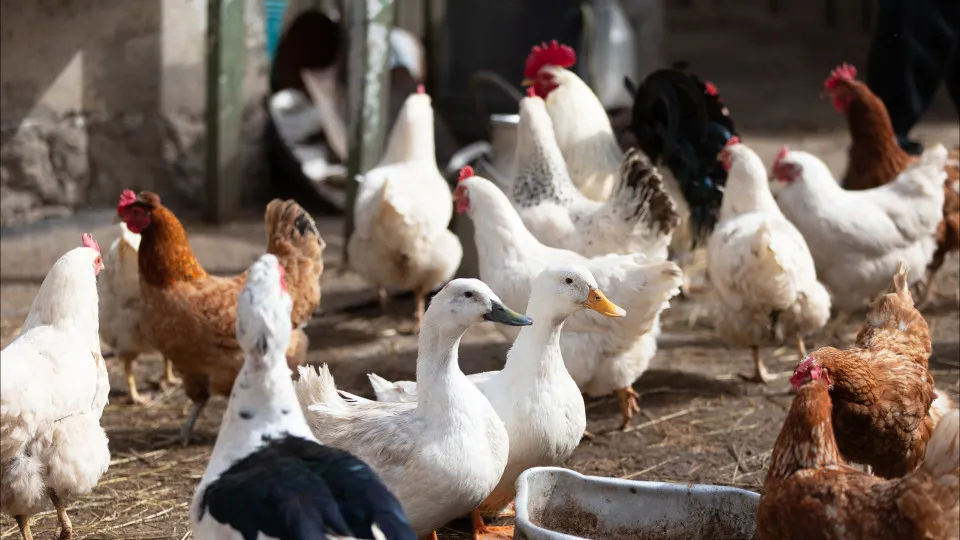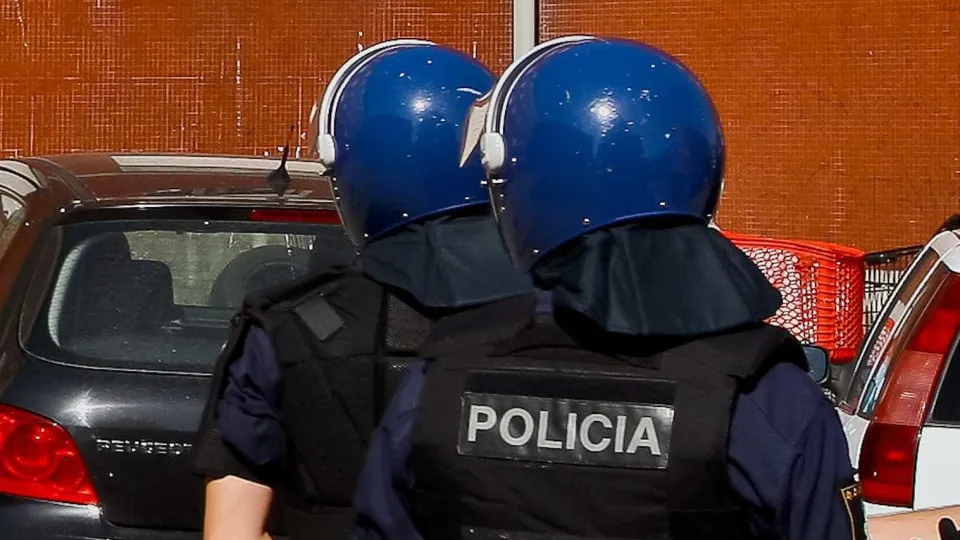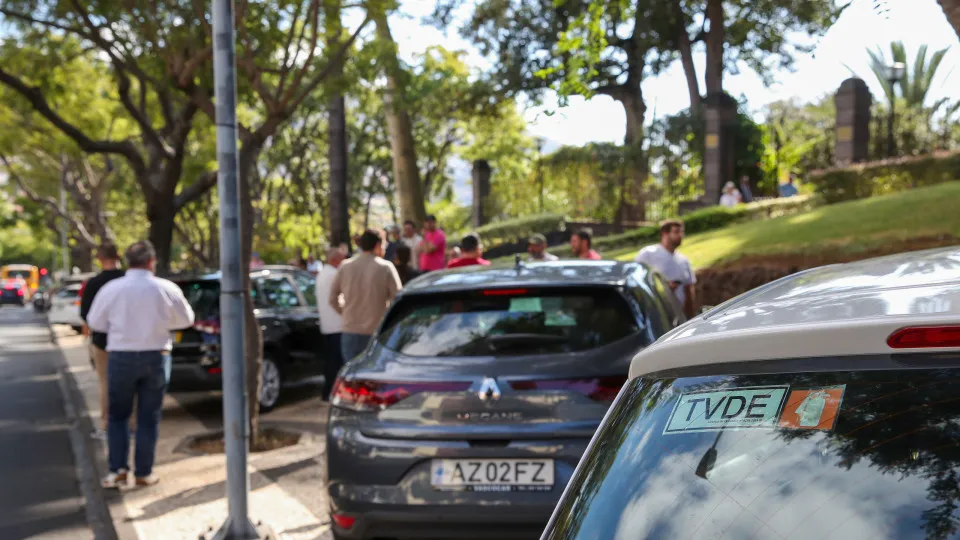
“After reviewing the documentation and clarifications submitted by the operator, it was possible to verify that several of the demands made by DGAV have been addressed, with the implementation of procedures aimed at mitigating the potential risk of recurrence of practices harmful to animal welfare. Given the nature of some measures — which can only be verified with animals present — the licensing entity (CCDRLVT) has been informed that there is no objection from DGAV to authorize the restocking of the farm,” announced in response to Lusa.
DGAV emphasized that this decision does not compromise the monitoring of the case and assured that it will continue the ongoing administrative offense proceedings, in addition to carrying out control actions.
On September 29, SIC released a report on Marinhave, the largest duck farm in the Iberian Peninsula, located in Benavente, which featured images of newborn ducks discarded in the trash, some alive and others dead.
The footage also showed workers mistreating animals at the farm.
A day later, DGAV announced the initiation of an investigation and stated that Marinhave had been without animals since the beginning of that month, following the confirmation of an avian flu outbreak.
At the time, DGAV specified that new animals would only be introduced to the farm after the completion of the ongoing investigations “and provided that full compliance with legal requirements regarding animal welfare and biosecurity is proven.”
DGAV stated today that NGO actions, while potentially alerting to situations “subject to verification,” must be framed within the law and do not replace the authority’s actions.
In early October, the Halal Institute of Portugal, responsible for one of the certifications awarded to Marinhave’s duck farming, clarified that it only covers slaughtering, not breeding or transportation.
Marinhave is certified by the institute for meeting the requirements for Halal meat production, such as the animal being oriented towards Mecca when slaughtered and a single, continuous cut ensuring instant death and complete bleeding.
The certification awarded to Marinhave, available on its website, expired in July. The Halal Institute did not clarify whether it was automatically renewed.
“For export markets, certification is done per batch to meet international requirements. In the company’s Halal process in question, the information that they [animals] would not be stunned is incorrect,” added the institute’s CEO, Azhar Vali.
Marinhave also holds BRC certification, ensuring the quality and food safety of its products.
Lusa contacted Marinhave and SGS, responsible for certification in Portugal, but received no response.




